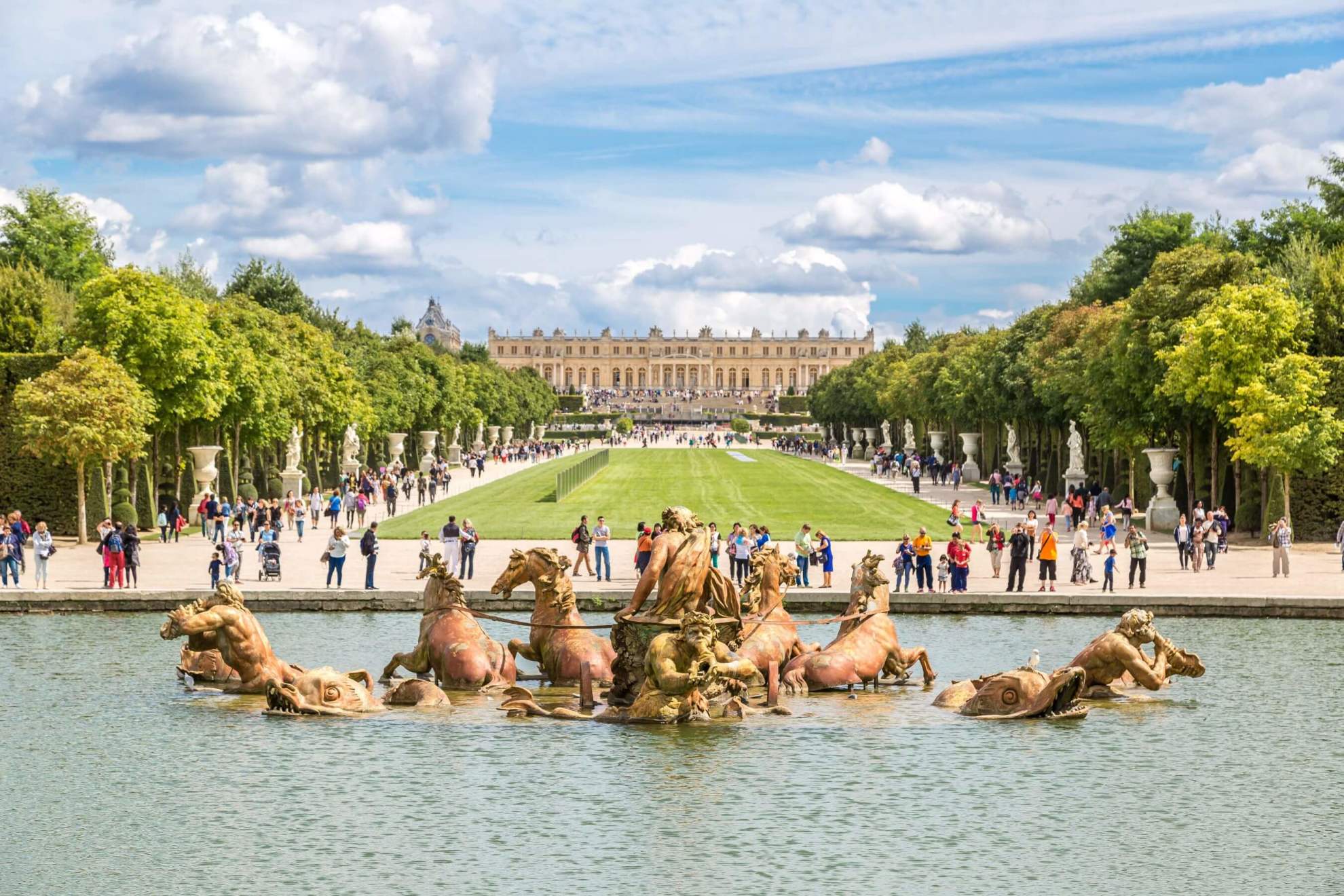In the grand orchestra of classical music history, few figures resonate as powerfully as Rodolphe Kreutzer, a virtuoso violinist, prolific composer, and influential pedagogue whose contributions continue to shape the world of music today. Born on November 16, 1766, in Versailles, France, Kreutzer emerged as a musical prodigy in an era of great cultural and political upheaval.
Picture a young Rodolphe, his small fingers dancing across the strings of a violin, his eyes alight with the passion that would define his life’s work. From an early age, Kreutzer displayed an extraordinary aptitude for music, particularly the violin. His father, a musician in the royal chapel, recognized his son’s talent and provided him with his first musical education.
Kreutzer’s rise to prominence was meteoric. By the age of 13, he was already performing at the Concert Spirituel, one of the first public concert series in Europe. His virtuosic playing and emotive performances quickly caught the attention of both audiences and fellow musicians. Among his admirers was the renowned violinist Giovanni Battista Viotti, who became a significant influence on Kreutzer’s playing style and compositional approach.
As Kreutzer’s reputation grew, so did his opportunities. In 1795, he was appointed professor of violin at the newly established Paris Conservatoire, a position that allowed him to shape the next generation of violinists. It was in this role that Kreutzer made perhaps his most lasting contribution to music: his “42 études ou caprices” for solo violin.
These études, published in 1796, remain a cornerstone of violin pedagogy to this day. They are not mere technical exercises but miniature works of art, each addressing specific aspects of violin technique while maintaining musical interest. From rapid string crossings to intricate double stops, these études cover the full spectrum of violin playing, providing a comprehensive method for developing advanced technique.
But Kreutzer was more than just a teacher and violinist; he was also a prolific composer. His oeuvre includes 19 violin concertos, 40 operas, numerous string quartets, and other chamber works. While many of these compositions have faded from the regular concert repertoire, they were highly regarded in their time and contributed significantly to the development of the French violin school.
One of Kreutzer’s most famous associations, ironically, is with a piece he never played: Beethoven’s Violin Sonata No. 9, known as the “Kreutzer Sonata.” Beethoven dedicated this groundbreaking work to Kreutzer, considering him the most capable violinist to tackle its technical demands. Although Kreutzer reportedly never performed the piece, finding it “outrageously unintelligible,” the association has forever linked his name with one of the greatest works in the violin repertoire.
Kreutzer’s influence extended beyond composition and pedagogy. As a performer, he was known for his powerful tone, expressive playing, and technical brilliance. He was one of the first violinists to use the Tourte bow, which revolutionized violin technique and allowed for greater expressivity and control. His adoption of this new technology helped popularize its use among other violinists.
Throughout his career, Kreutzer held several prestigious positions. In addition to his role at the Conservatoire, he served as solo violinist at the Paris Opera, conductor of the Imperial Orchestra, and violin teacher to the French royal family. These positions allowed him to shape the musical landscape of France during a pivotal period in its history.
Kreutzer’s life spanned a time of great change in Europe. Born in the twilight of the Ancien Régime, he lived through the French Revolution, the rise and fall of Napoleon, and the restoration of the monarchy. Despite these tumultuous times, Kreutzer remained focused on his art, continually refining his skills and passing on his knowledge to the next generation.
As he aged, Kreutzer gradually retired from public performance, focusing more on composition and teaching. His final years were marked by declining health, and he passed away on January 6, 1831, in Geneva, Switzerland. However, his legacy lived on through his students, his compositions, and most enduringly, his études.
Today, Rodolphe Kreutzer is remembered as one of the founding fathers of the French violin school. His études continue to challenge and develop violinists around the world, from conservatory students to professional soloists. His teaching methods, emphasizing a combination of technical precision and expressive playing, have influenced generations of violinists.
While Kreutzer’s compositions may not be as frequently performed as those of some of his contemporaries, his impact on violin technique and pedagogy is immeasurable. Every time a violinist tackles one of his challenging études or applies a technique he pioneered, Kreutzer’s influence resonates through the centuries.
In the grand symphony of musical history, Rodolphe Kreutzer’s voice remains clear and distinct. His life’s work – as a performer, composer, and teacher – continues to shape the way we approach the violin and classical music as a whole. From the practice rooms of conservatories to the grand stages of concert halls, the legacy of this virtuoso’s muse lives on, inspiring new generations of musicians to reach for the heights of technical mastery and expressive beauty that Kreutzer himself embodied.


